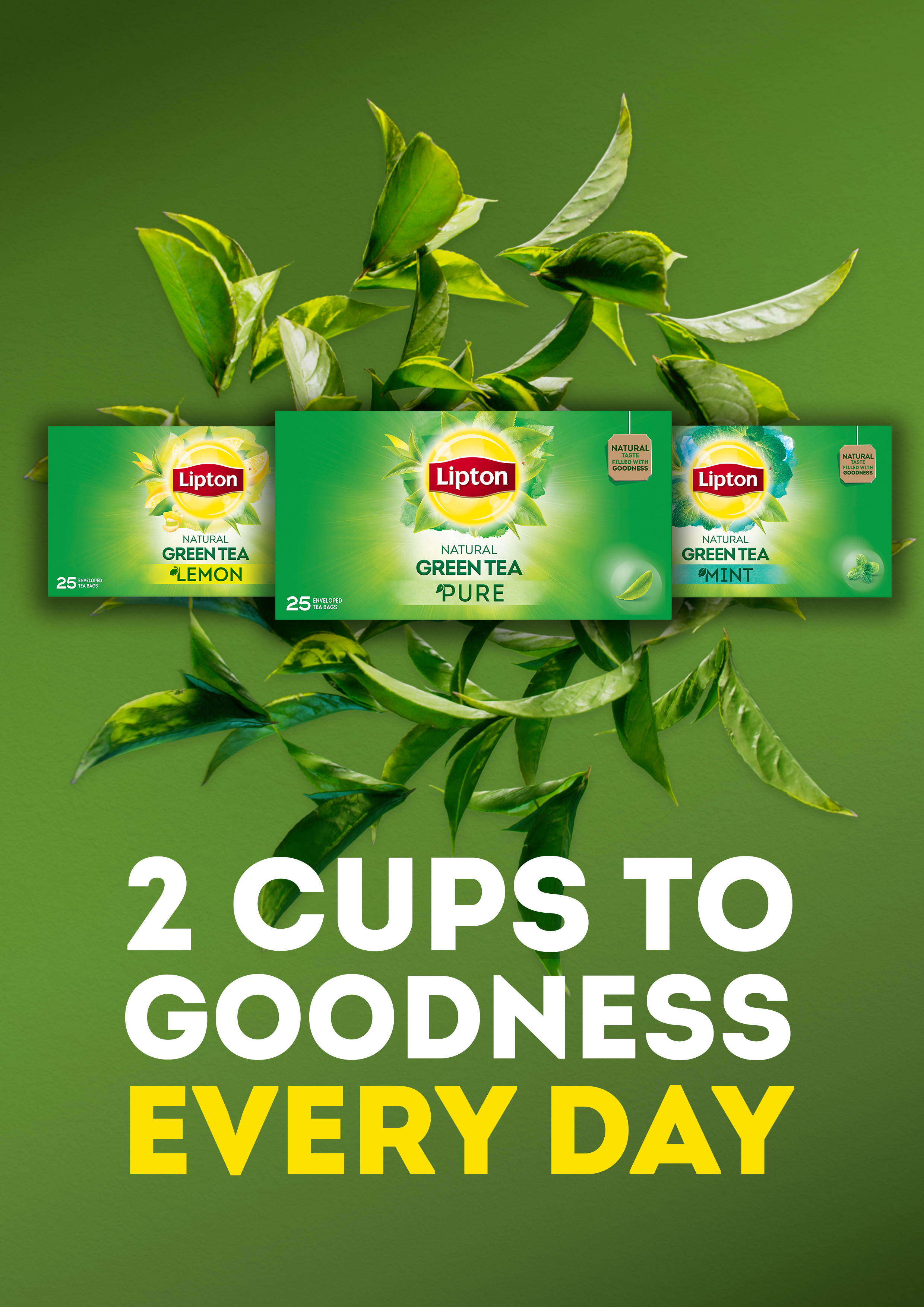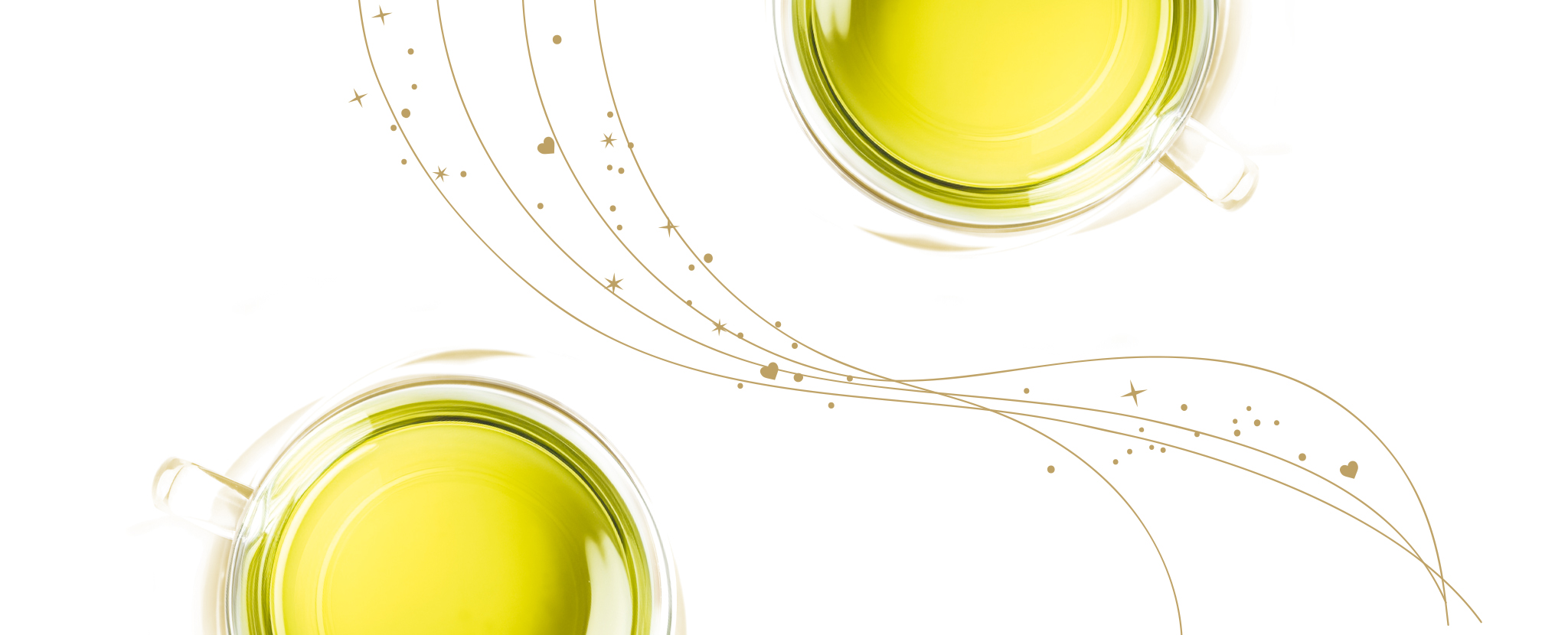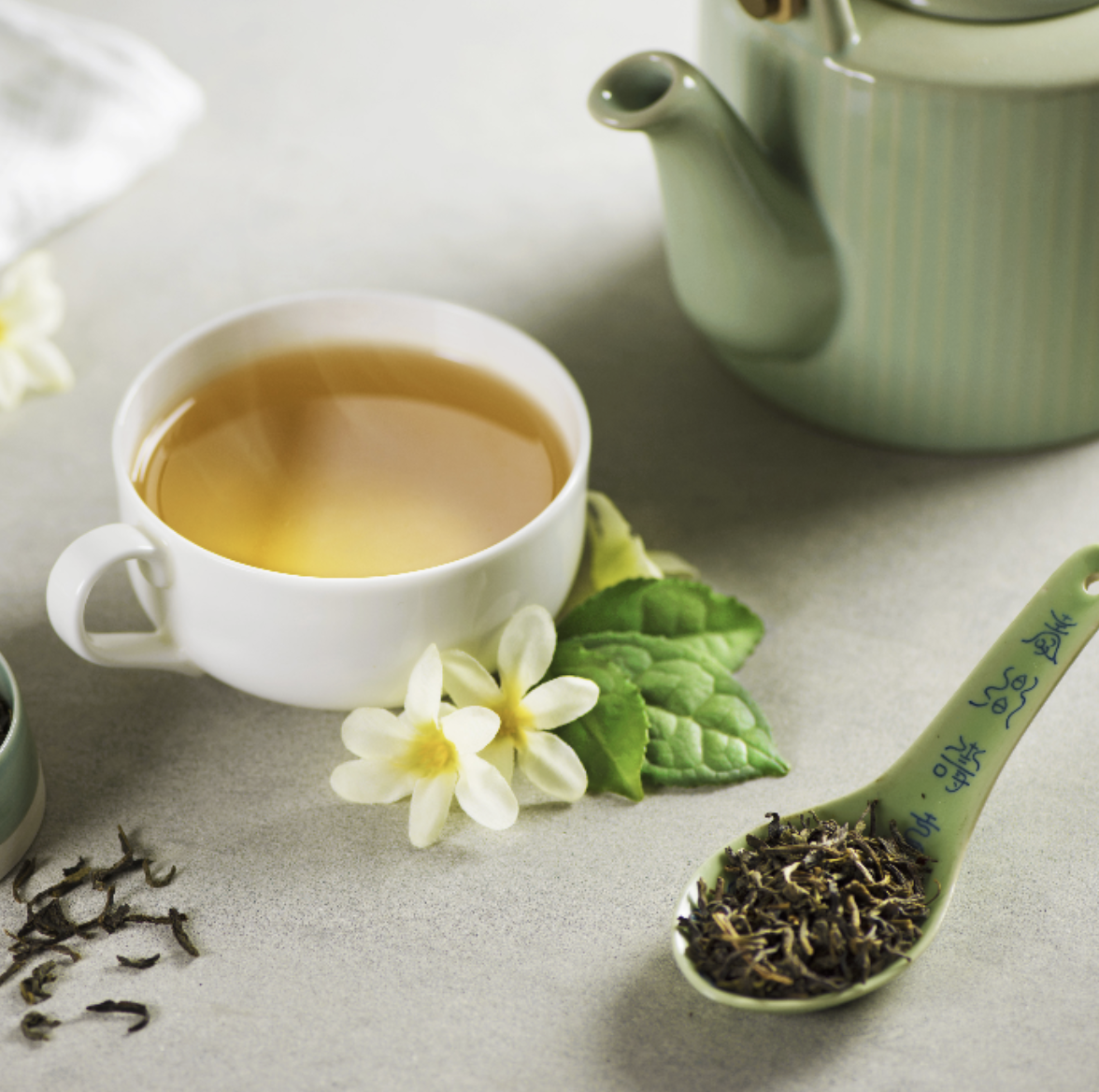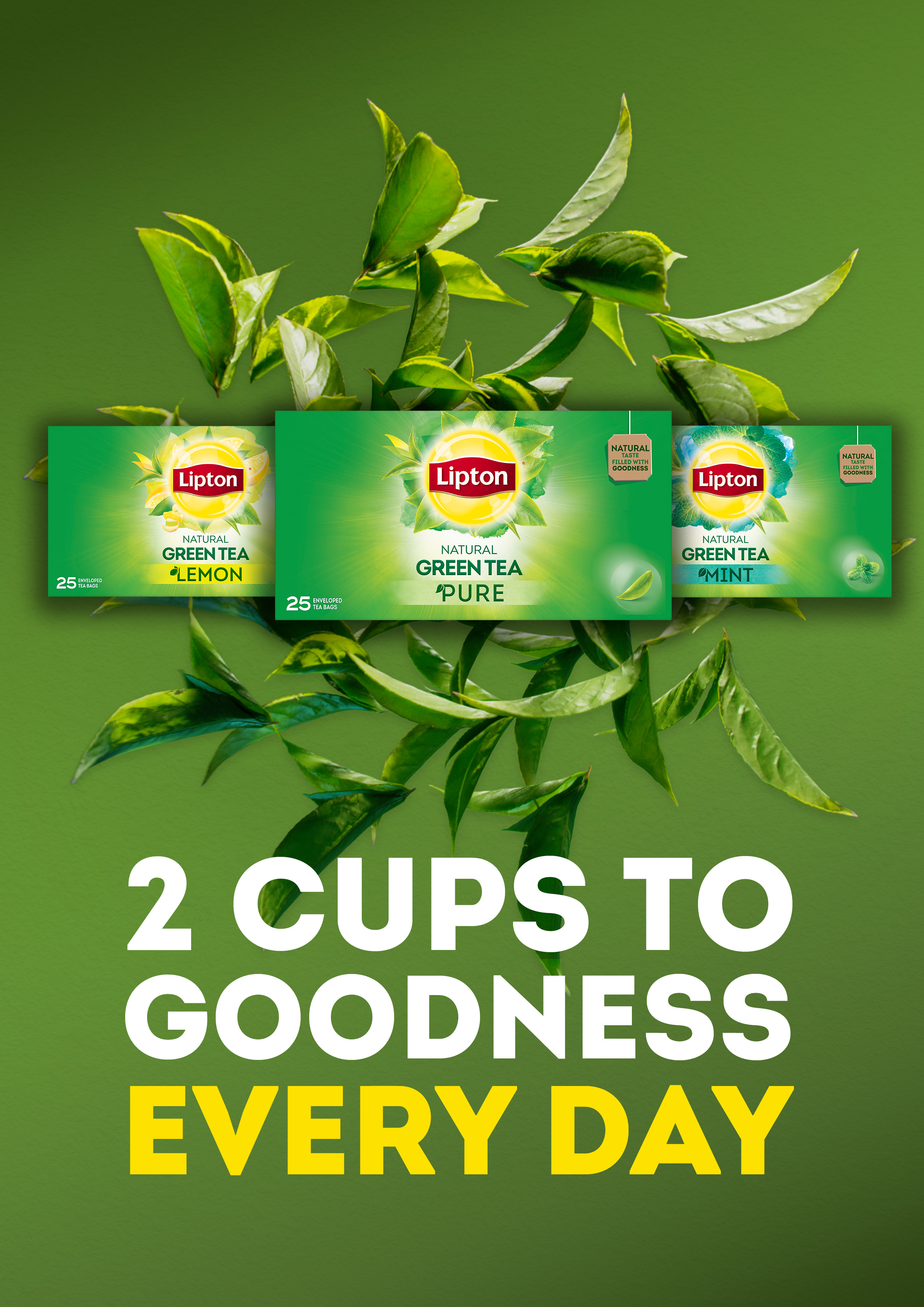
A tasty way to feel good
Plants have been used as medicinal herbs throughout history and there is already scientific evidence of how tea and herbal infusions, when consumed daily, may be beneficial in some areas of clinical and preventive health. The benefits of tea have been studied for over a decade.
Unsweetened teas and infusions made from boiled tap water contain 99.5% water, zero grams of added sugar, and zero calories, making them an excellent part of a well-balanced diet that can help support a healthy lifestyle*.
But there’s more. Tea is one of the top sources of naturally occurring bioactives called flavonoids. Drinking two or more cups a day of unsweetened black or green tea, for instance, is one of the simplest and most effective ways of consuming the intake of flavonoids recommended by scientific experts**.

Herbals and health
Research into the health benefits of teas and infusions remains a largely unexplored field of study. At LIPTON Teas and Infusions, we are delighted to see this changing – especially for herbal science. Now, even the World Health Organization seeks to further unlock the use of traditional medicines – including herbal remedies***.
LIPTON Teas and Infusions is a business grounded in science. We have a diverse team of scientists working on exciting fields of human health, nutrition and sustainability, leveraging decades of experience.
Our scientists are collaborating with world-renowned academic institutions and industry partners on studies that show the exciting potential of camellia sinensis, herbs and other plants. Throughout the years, we have launched various research studies and initiatives that result in numerous peer-reviewed publications that support the needs of human wellbeing.

